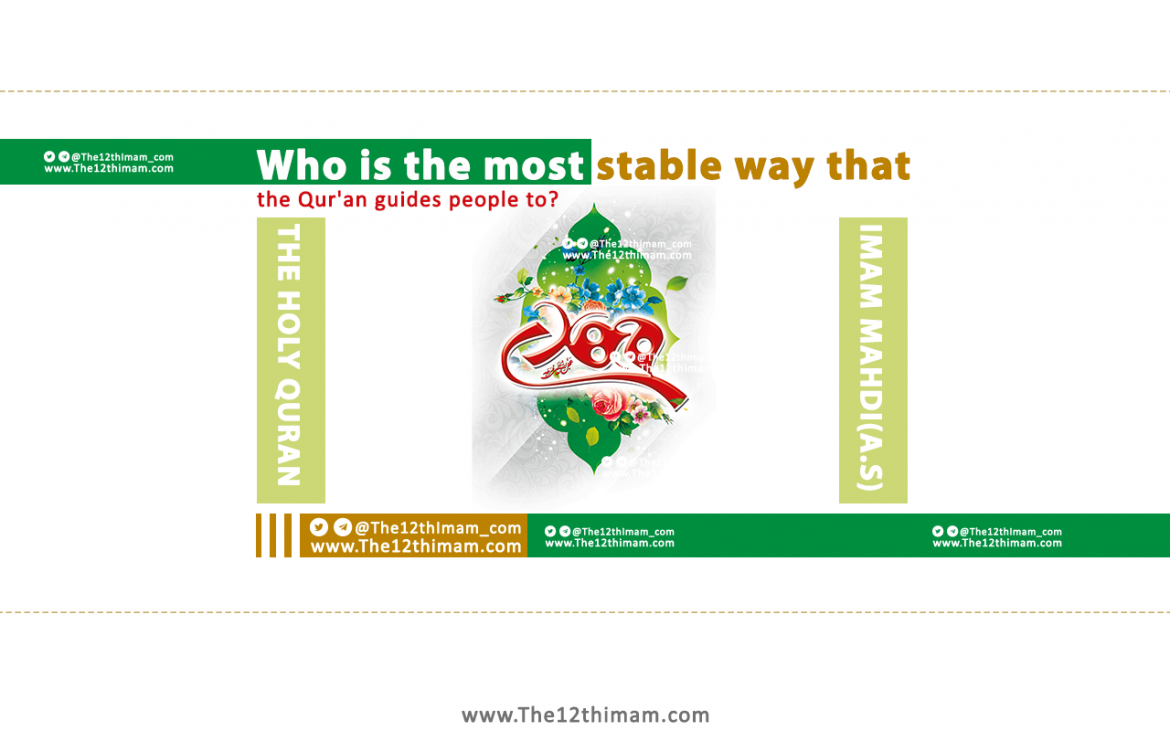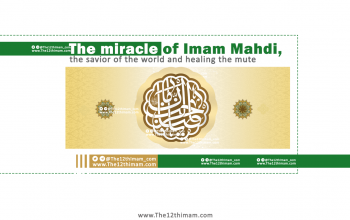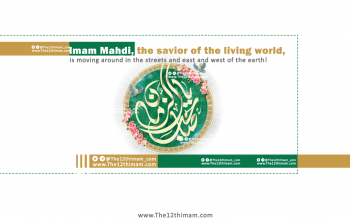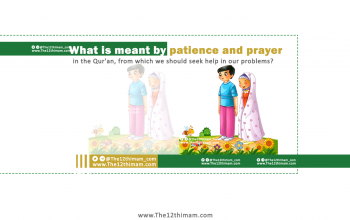Who is the most stable way that the Qur’an guides people to?
God says in the Qur’an:
«إِنَّ هذَا الْقُرْآنَ یهْدِی لِلَّتِی هِی أَقْوَمُ»؛[1] «».
“This Qur’an guides to a path that is the most stable of paths.”
According to this honorable verse, the Qur’an guides people to a more direct and stable ritual; But in one sense, Islam is the most enduring and stable religion to which all creations with any religion are guided, and the Qur’an is its expressive language.
This expression and comparison can be understood from the word “Oqvam” in the verse; “Aqvam” is derived from the word “Qiyam”(Standind), and standing up is the best state in which a person can master his work and daily activities.
“Qiyam” in the word means straight, straight and firm[2] and when it is used as a comparative verb ; It means that “aqvam” is used in a more direct and permanent sense.
As a result, the general concept of the verse is as follows; The way that Islam guides is the most stable ways, (3) also means the most stable, durable and stable ways; That is, they have meant the oneness of God Almighty, testimony to the oneness of God, faith in the mission of the Prophet and imams, and obedience to their orders.
With regard to the apparent meaning, we are referring to one of the verses and in other words, an example of the verses, and we will discuss its meaning and explanation.
In a narration from Alaa bin Siyaba, he says: Imam Sadiq (peace be upon him) said:
«إِنَّ هَذَا الْقُرْآنَ یِهْدِی لِلَّتِی هِیَ أَقْوَمُ؛ .(4)
That is, it leads to the Imam”. (4)
He also says about Fazil: Imam Baqir (peace be upon him) said:
إِنَّ هَذَا الْقُرْآنَ یِهْدِی لِلَّتِی هِیَ أَقْوَمُ؛(5)
That is, it leads to the province. (5)
Hasan Kahal, from their ancestors, it is narrated from Imam Sajjad (peace be upon him) that he said:
“Imams (of our family are all infallible, and infallibility is not in the face and appearance, so that a person can be recognized by it, and the infallible is determined and identified only by God.”
It was asked: “O son of the Messenger of God (peace be upon him)!” What does innocent mean? said:
“Innocent is the one who holds on to the divine rope, and the rope of God is the Qur’an. And those two will not be separated until the Day of Resurrection, and the Imam guides to the Qur’an and the Qur’an guides to the Imam, and this is the meaning of the word of God, which says:
إِنَّ هَذَا الْقُرْآنَ یِهْدِی لِلَّتِی هِیَ أَقْوَمُ».(6)
According to the aforementioned explanations; The meaning of the hadiths is that guidance to the infallible imams (12 imams) is the perfect example of the honorable verse; Because the way and ritual introduced by the Qur’an does not take place without following the infallible imams (pbuh), and guidance is required by following the infallible imams. (7)
(1) Surah Isra, verse 9.
(2) Ragheb Esfahani, Hossein bin Muhammad, Mufardat Fajad al-Qur’an, p. 690, Beirut, Dar al-Qalam, first edition, 1412 AH; Ibn Saydeh, Ali Ibn Ismail, Al-Muhakam wa Al-Muhait al-Azam, vol. 6, p. 590, Beirut, Dar al-Kutb al-Alamiya, first edition, 1421 AH.
[3] R.K: Tabatabaei, Seyyed Mohammad Hossein, Al-Mizan fi Tafsir al-Qur’an, vol. 13, p. 47, Qom, Islamic Publications Office, fifth edition, 1417 AH.
(4) Tafsir(Commentary)of Ahl al-Bayt, peace be upon them, vol. 8, p. 98
Al-Kafi, Vol. 1, p. 216/ Bihar al-Anwar, vol. 24, p. 144/ Basair al-Deraj, p. 477/ Tawheel Aayat al-Zaherah, p. 273/ Al-Ayashi, vol. 2, p. 282 Noor al-Saqlain/ Al-Burhan
(5) Tafsir(Commentary) of Ahl al-Bayt, peace be upon them, vol.8, p.98
Bahar al-Anwar, vol. 24, p. 145/ Al-Ayashi, vol. 2, p. 283/ Noor al-Saqlain/ Al-Barhan
(6) Tafsir(Commentary) of Ahl al-Bayt, peace be upon him, vol.8, p.100
Bihar al-Anwar, vol. 25, p. 194/ Ma’ani al-Akhbar, p. 132/ Noor al-Saqlain/ Al-Barhan
(7) Al-Mizan fi Tafsir al-Qur’an, vol. 13, p. 71.
Islam Quest website
Al_vahy



